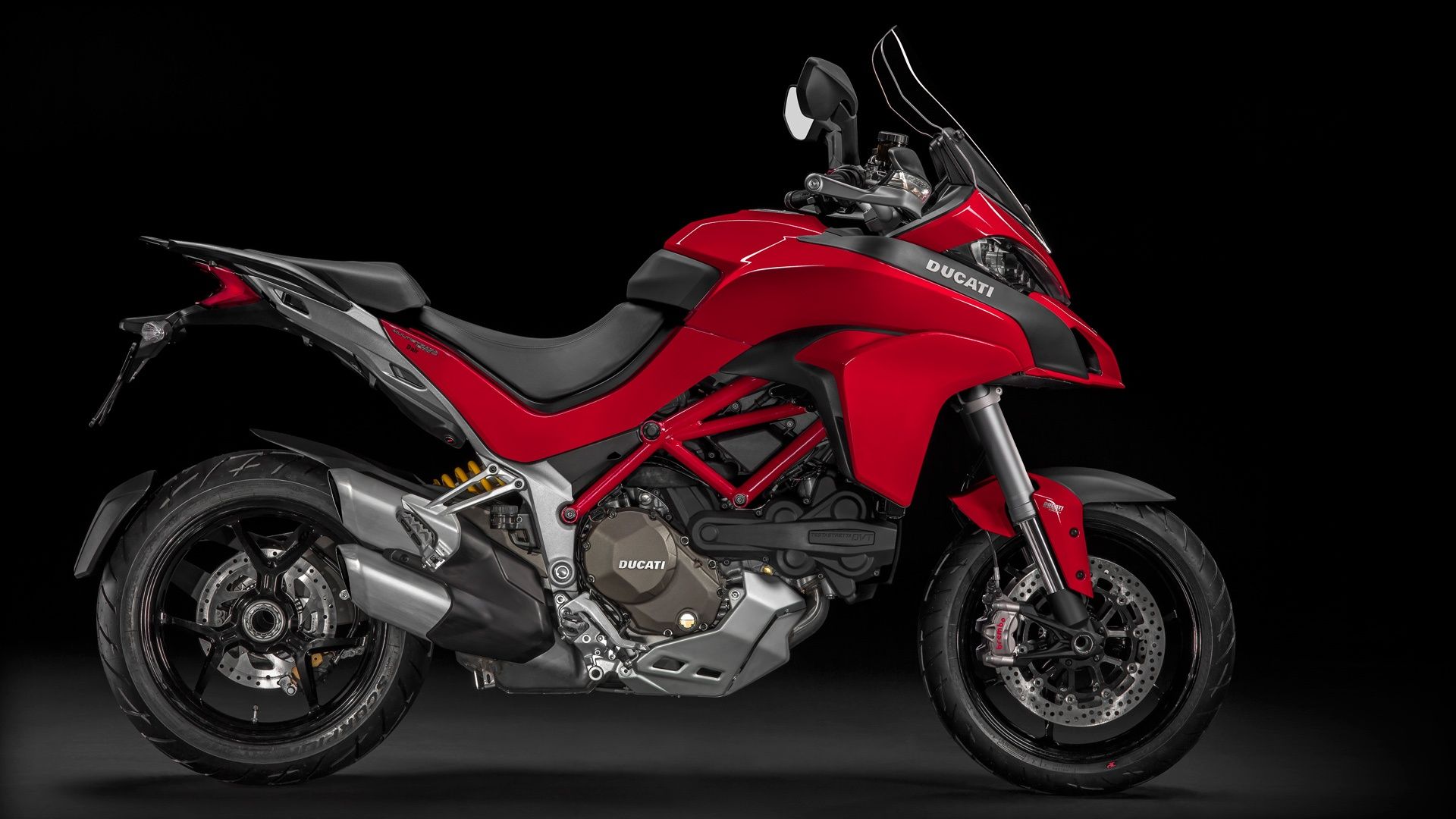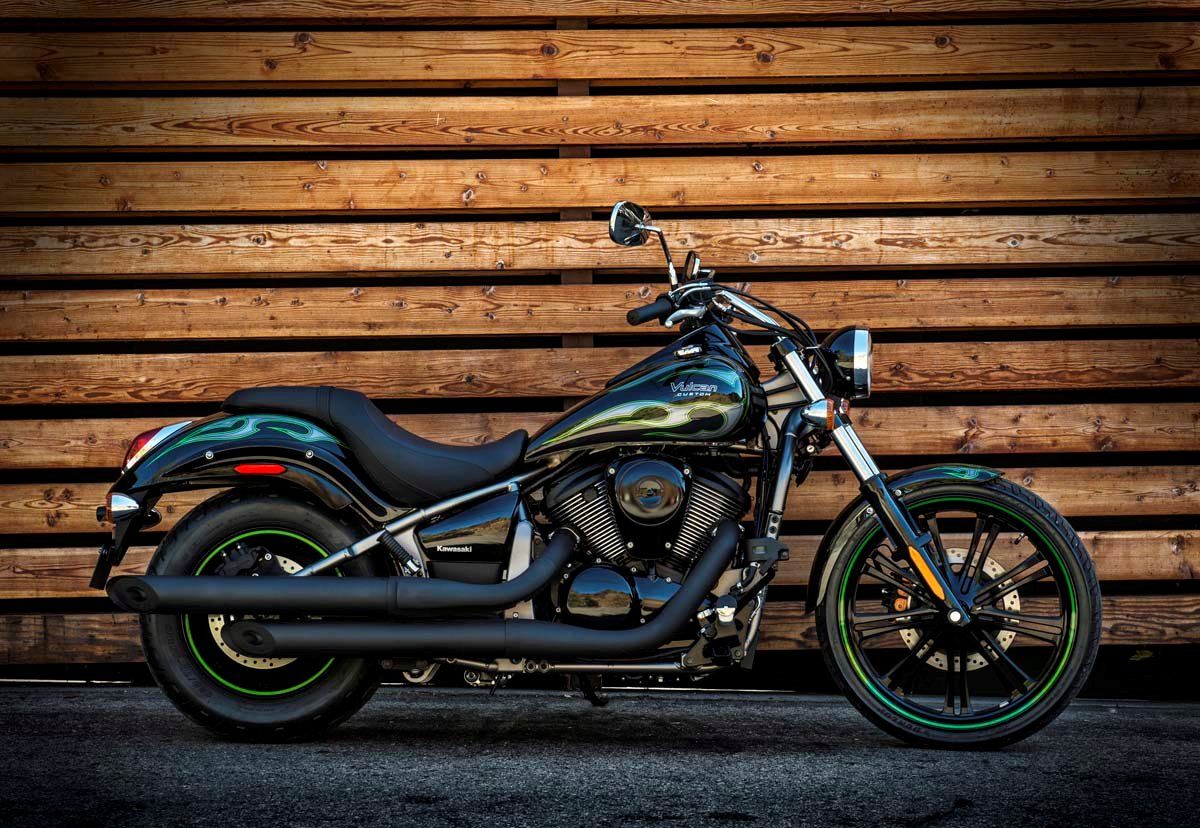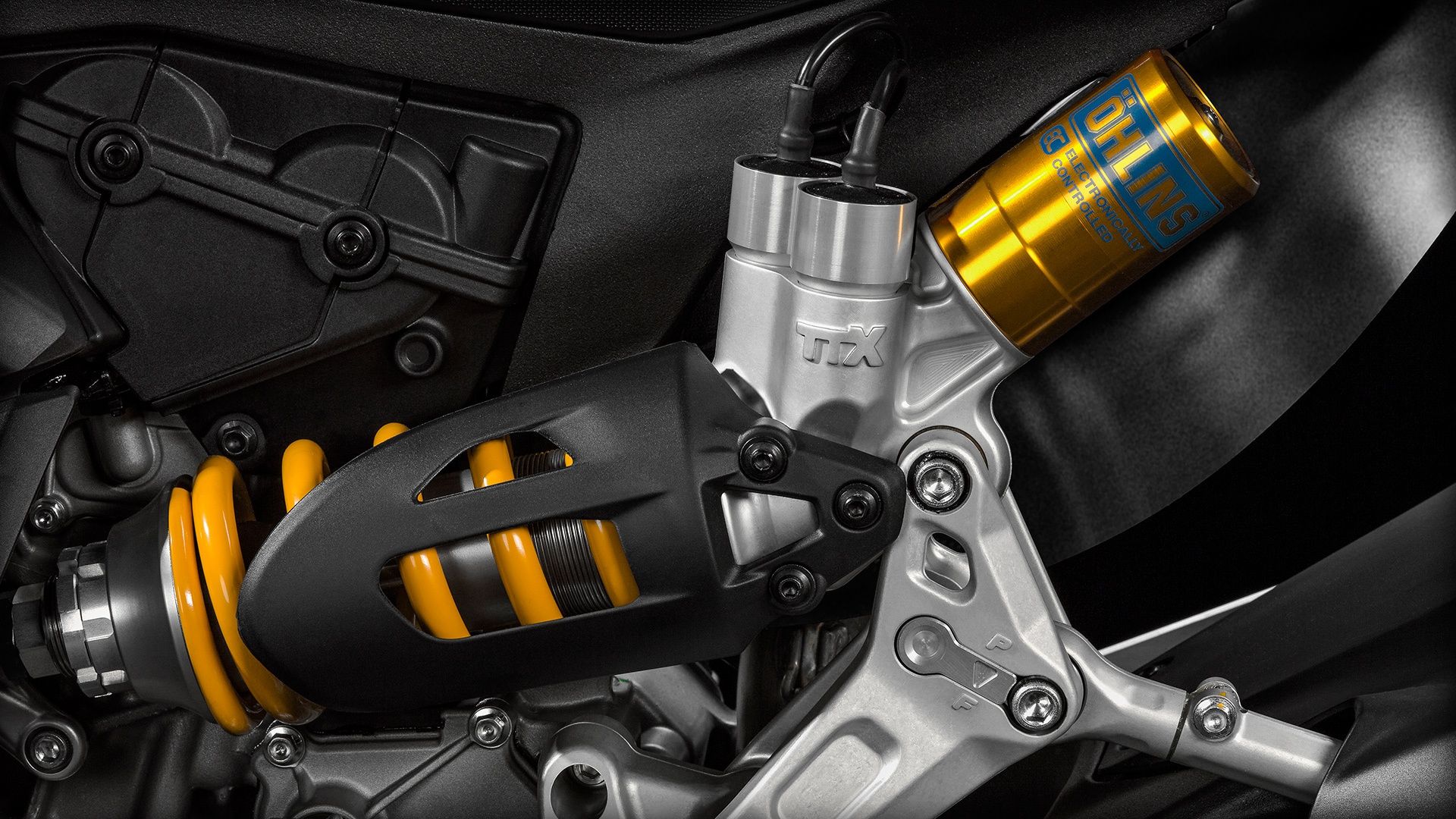Just because you can do a thing does not necessarily mean that you must, or even should, do that thing. We live in a very technological age, and are inundated with gadgets, gizmos and devices that are meant to make our lives easier, more convenient, and ostensibly safer. This is all fine and good, and in many cases these things actually serve those purposes. However, I have to draw the line when technology starts to displace skill and ability. Before I go any further, a little personal background is in order for you to understand the lens through which I view these things.
Continue reading for the full story.
I started learning to drive at around 10 years old on an antique Ford->ke31 8N tractor. Needless to say, it was a stick shift (with two separate gearboxes and shifters) and the brakes/steering/anything else you can imagine were all manual -- no power steering, brake booster or any other kind of fandangled contraptions. Granted, systems that reduce physical effort are not the same as ones that reduce the requisite skill set, but bear with me.
My early and ongoing driving experiences left me with the ability to drive (almost) anything under the sun with at least two wheels. Most of my four-wheel vehicles (and all of the two-wheel ones) have had manual transmissions, and I passed my knowledge along by teaching friends how to drive a stick. I didn't do this just for them, but also for myself.
This was before everyone walked around with a phone/GPS/computer in his pocket, and I wanted to have some backup if the worst should happen. I was young and dumb, and had what could only be called a high-risk lifestyle. I wanted to know that if I was hurt or too drunk (or whatever) to drive, I could count on one of my immediate friends to get me to a hospital or home.
My first wife never learned to drive a stick – though she could drive a wimpshift, er I mean automatic, yeah that's what I meant – but our vehicle was a stick, and I knew if something ever happened to me that made it necessary for her to drive, I was screwed with a capital S!
I realize that it's hard to send a text message, check your Facebook page, eat and/or apply makeup while wrestling with a stickshift, and automatics are the norm for most four-wheel vehicles, but many of us have learned to rely entirely upon these magical transmixxers for transportation. I submit to you that this is not only shortsighted, but dangerous.
My first bike was a ragged out, beat up H-D Sportster. I'm not kidding when I say it had nothing, it was a frame, an engine and two wheels. No speedometer or tach, heck it didn't even have turn signals or a single idiot light. I count myself lucky that it still had a tail lamp and headlight!
Yeah, it was a POS, and it was “raw” to ride, but I am a better rider for it. I had to learn to manage my throttle (yeah ok, its a Harley->ke300, so overpowering my rear traction wasn't a front-burner issue), brakes and such to maintain control in my typical riding environment. Now, after 20-plus years, the muscle memory is built in, and since I use no crutches, I will never get beat over the head with one.
Probably the best example of technology-atrophied skills came from a dear friend of mine who works at a small airfield. The field rents out small aircraft, and many of their customers are actually professional pilots that fly big (or even ginormous) commercial aircraft. The planes that they usually fly are heavily computerized, with automated systems and fly-by-wire technology (I do not trust FbW), and while the pilots do get many benefits from these systems, their basic flying skills suffer.
My friend tells me most of the professional pilots who rent small planes require an instructor-pilot to go up with them to handle the take-off and landings, because they have forgotten how to do so! I'm not taking a shot at the pilots by any means, just illustrating a point.
Now that you know where I'm coming from, let's talk about motorcycles. Most, if not all, manufacturers use varying levels of “electronic intervention” features on their products. Anti-lock brakes, ride-by-wire, computer-controlled secondary throttles, road-sensing auto-adjusting suspension – the list goes on but I imagine you get it; it's not a subtle point that I am trying to make.
These systems make it safer to ride by managing certain things with no input, or understanding, on the part of the rider. This is all fine and dandy, all the way up to the point that it isn't! So you have one of the Ducati->ke622 streetbikes (for arguments sake) and you are accustomed to the traction-sensing systems such as ABS and throttle intervention to prevent tire slip. To quote Scotty from Star Trek III, “The more they overthink the plumbing, the easier it is to stop up the drain.”
So, what happens if these complex electronic systems go tits-up-and-taking-on-water in the middle of a ride in less than ideal conditions? Will you remember (or did you ever learn in the first place) how to manage your brakes without pulling a lowsider in the first corner you meet? Will your right wrist have the subtlety necessary to keep from overpowering your traction at the rear wheel? Will your clutch hand be able to feather the lever as you downshift into a corner to prevent wheel hop when your “slipper clutch” function fails? Will you even realize that you need to do these things?
Even if you do understand the forces at work, you won't have the muscle memory built in and will have to figure it out under duress, and that right quick! Yeah, I know that this is a once-in-a-blue-moon scenario, but it only takes one such event to cause a whole lot of slow-singing and flower-bringing on your behalf.
It's Just My Opinion
I would close by offering that I am not alone in this opinion, and bike manufacturers recognize this themselves. They don't even need to come out and say it; the proof is in the pudding. Almost without exception, the systems that augment control through artificial means can be turned down to a minimal intervention setting, or off entirely, for use on racetracks.
Granted, the pros have the skills (and then some) to properly control their machine without such crutches, but if too many people start to rely on these increasingly ubiquitous automatic systems, the pros will be the only ones left with such skills.
Plus, you can't do burnouts with ABS or traction-sensing throttle intervention!




